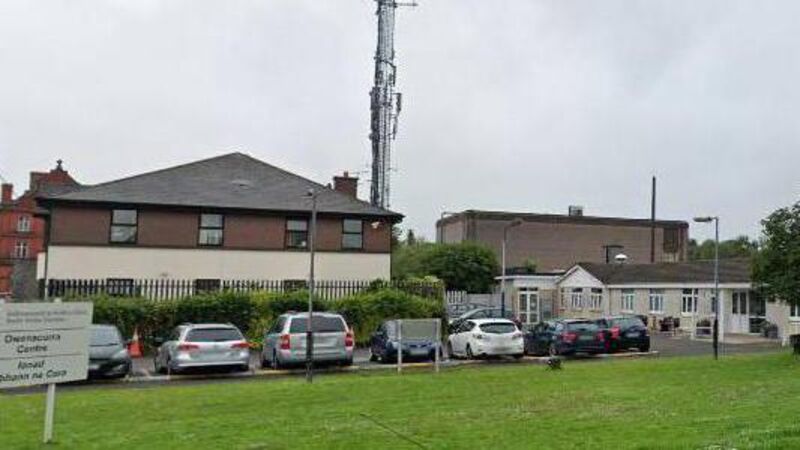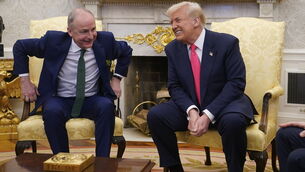Sarah Harte: Campaigners for accountability hit brick walls in Irish public life

Residents of the Owenacurra Centre in Midleton are facing a huge psychological burden of not knowing when the centre would be closed or where they would be living following this closure.
There are two basic things we ask of our public officials — that they avoid inefficiencies as much as possible and that they ensure some measure of transparency around their decisions.
The causal link between decisions and consequences has always been less than straightforward in the public sector, where the unwanted effects of policies can take time to materialise, but recently it feels like we haven’t been getting bang for our buck.












